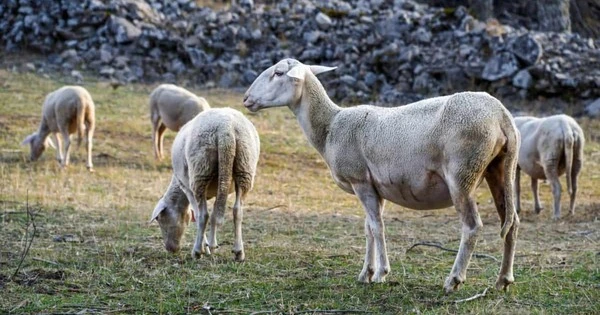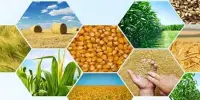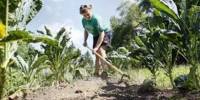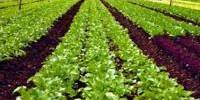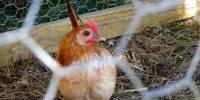Animal-free agriculture, also known as veganic agriculture, stockfree farming, or veganic farming, refers to farming practices that do not involve the use of animals or animal products. It is a farming method that eliminates or drastically lowers the use of animals and animal byproducts in agricultural processes. Concerns about animal welfare, environmental sustainability, and human health are driving interest in this sort of agriculture.
Animal-free growers do not keep domesticated animals and do not fertilize their crops with animal products such as farmed animal manures or animal parts (bone meal, blood meal, fish meal). Instead, green manures and plant-based compost are promoted.
Methods
Animal-free agricultural practices can be organic or non-organic. Most extensive debates on animal-free agriculture, however, are now focused on animal-free organic variants. Farmers in the European Union have a financial incentive to utilize manure rather than animal-free fertilizers since dung is subsidized. Organic manure, on the other hand, is not subsidized.
Key principles and practices of animal-free agriculture include:
- Plant-Based Farming: Animal-free agriculture is largely concerned with the production of crops for human use, such as fruits, vegetables, cereals, legumes, and nuts. Cattle, pigs, and poultry are not raised for the production of meat, dairy, or eggs.
- Organic and Veganic Farming: Many animal-free farms follow organic or vegan farming practices. To preserve soil health and fertility, organic or plant-based inputs should be used instead of synthetic chemicals, herbicides, and fertilizers.
- Soil Health: Animal-free agriculture prioritizes soil health and encourages the use of compost, cover cropping, and other natural practices to improve soil fertility. The goal is to create and sustain healthy soil ecosystems without the use of animal manure.
- Sustainable Agriculture: By reducing the environmental impact associated with animal agriculture (such as greenhouse gas emissions, water usage, and deforestation), animal-free agriculture aligns with sustainability goals. It can also help mitigate issues like antibiotic use in livestock and the overuse of natural resources.
- Crop Rotation: Crop rotation is commonly practiced in animal-free agriculture to prevent soil depletion and minimize the risk of pests and diseases. Different crops are planted in a specific sequence to optimize soil health and productivity.
While animal-free agriculture offers some advantages, such as less animal suffering and lower environmental impact, it also faces yield and nutritional adequacy issues. Some critics claim that, when used sparingly, animal dung can contribute vital nutrients to soil, and that removing animals from the agricultural system may compel the adoption of alternate fertilizer sources.
In summary, animal-free agriculture is a farming method that emphasizes the cultivation of plant-based products while minimizing or eliminating the usage of animals and animal-derived inputs. It is gaining popularity because to its compatibility with ethical, environmental, and health concerns.
